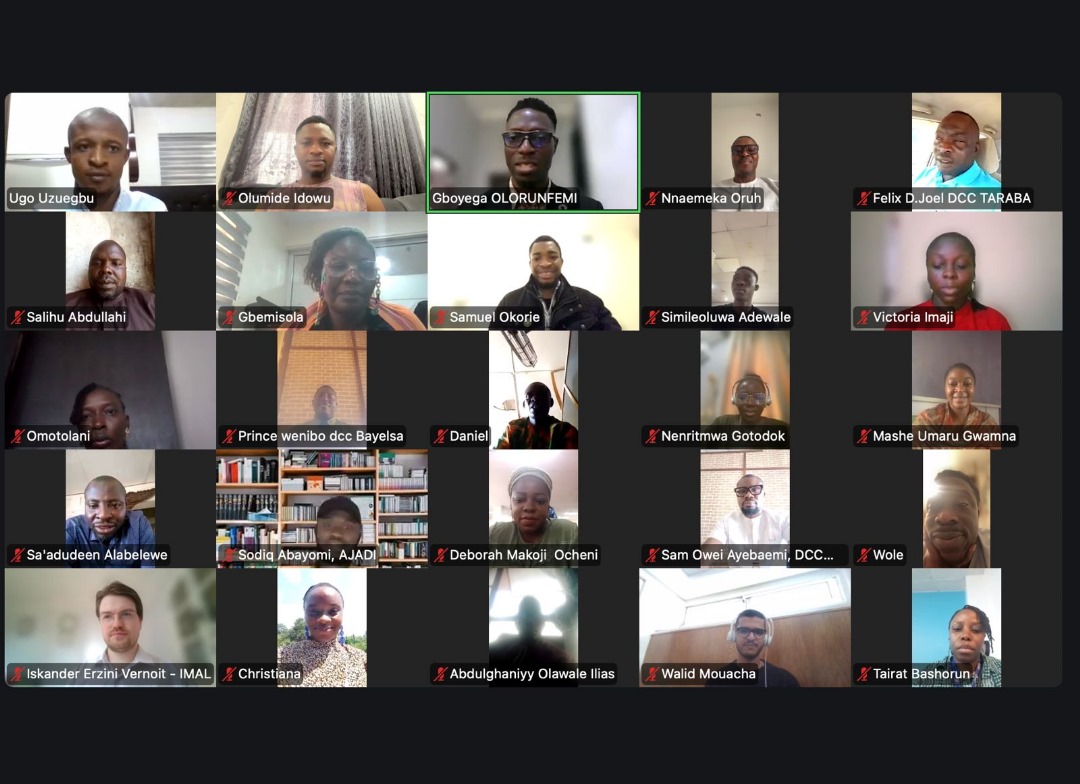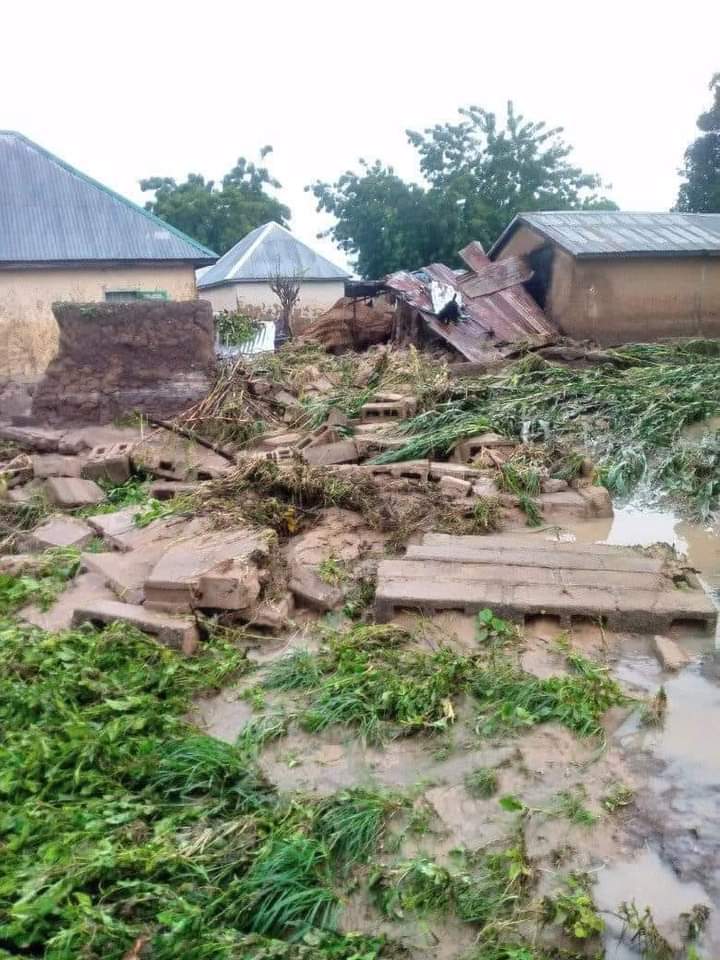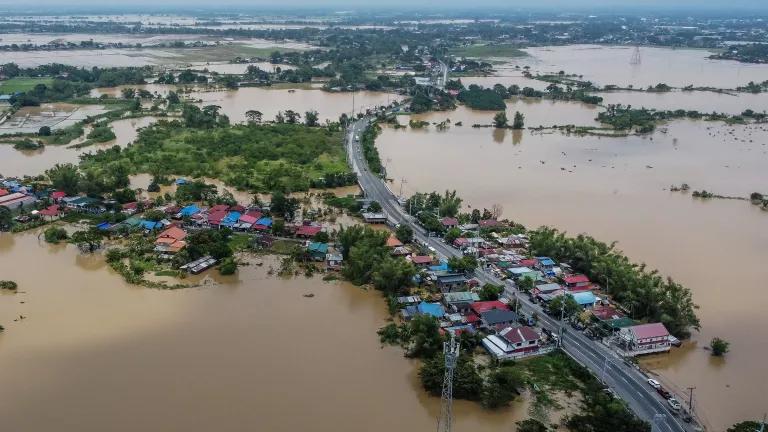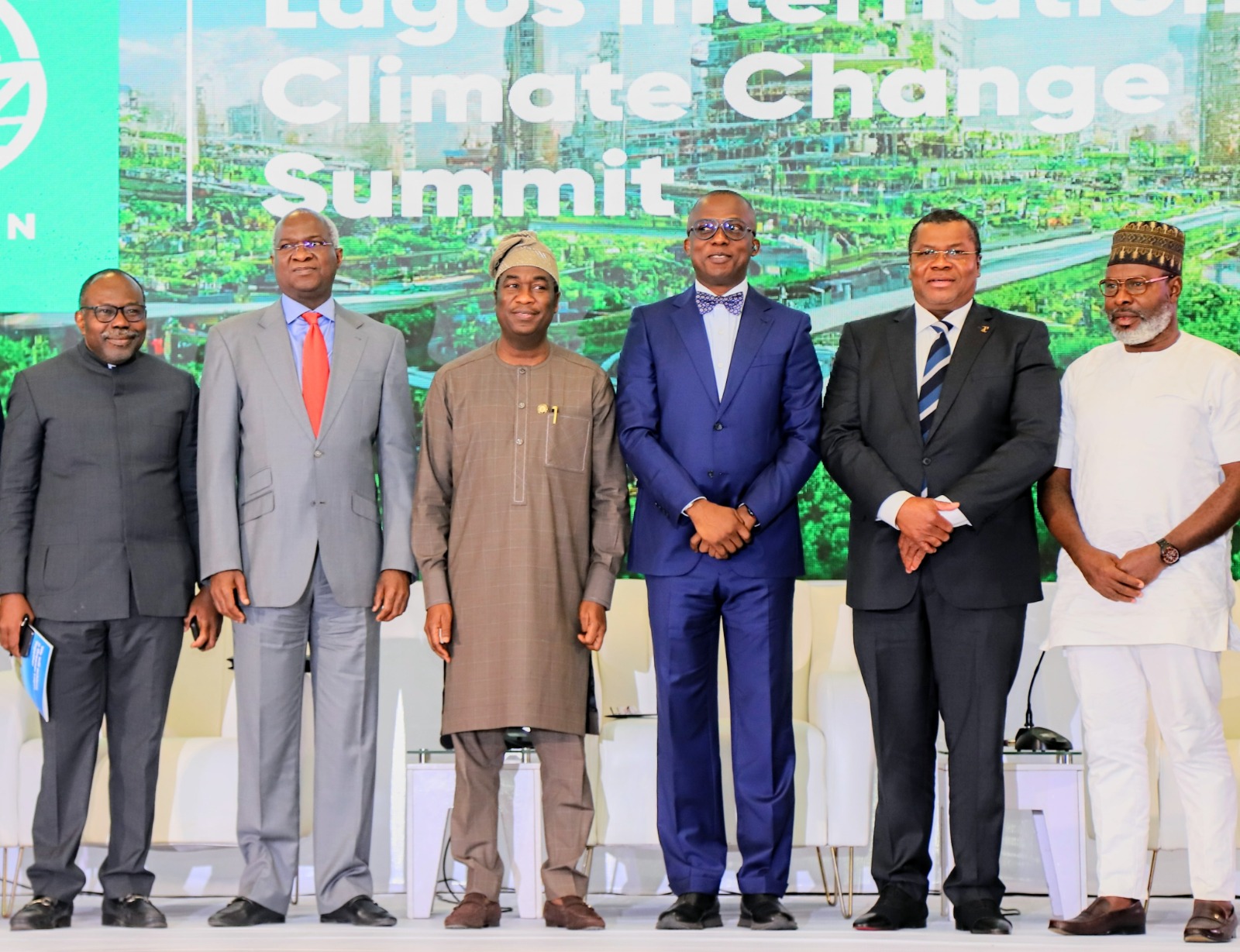DG NEMA Advocates For Increase Funding of Disaster Early Warning
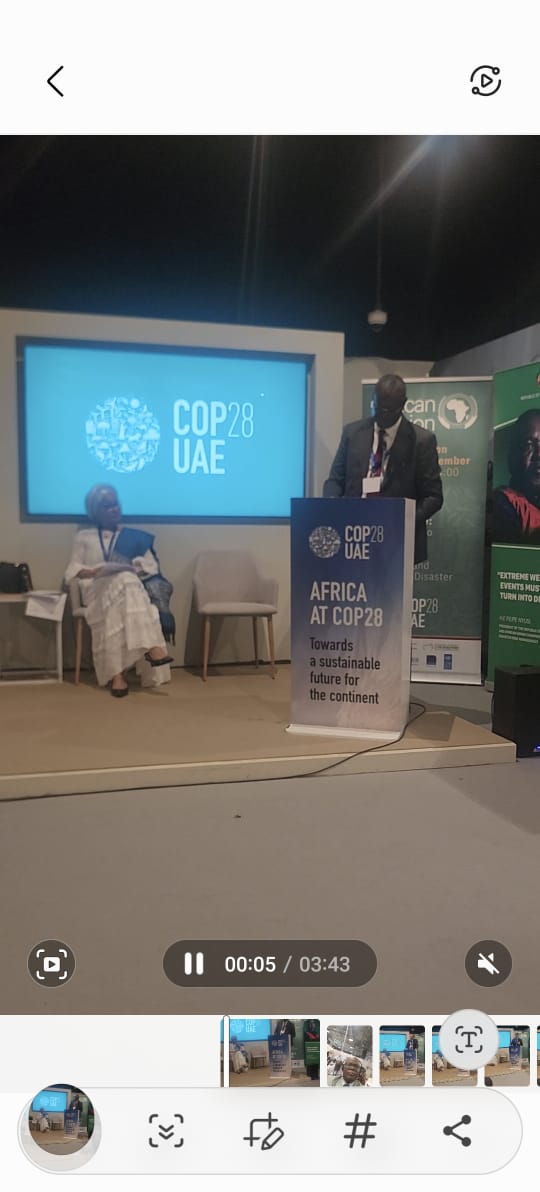
The Director General National Emergency Management Agency Mustapha Habib Ahmed has advocated for increased funding of early warning mechanisms to strengthen measures for disaster mitigation in Africa.
DG NEMA, in his contribution made this called recently in COP28 UAE, during the experts’ discussion at the African pavilion for increased financing of African multi-hazard early warning and early action.
Ahmed added that the complex hazard situations require enhanced financing to enable it meet up to the desired goals.
The African Pavilion meeting is one of the significant side event of COP28 on Early Warning by the experts and partners for the Implementation of the African Action Plan on Disaster Risk Reduction (DRR). The round table was also aimed at fostering collaboration among stakeholders for effective implementation of strategies outlined in the African Action Plan on DRR.
He said “the need for increased financing of early warning systems in Africa has become highly inevitable considering the high level vulnerability of some of the countries that requires access to early warning alerts that can be downscaled to large populations living in massive swathes of rugged landmass. Also poor internet connectivity and inadequate technology for early warning information dissemination have called for the need for increased financing of Africa Multi-Hazard Early Warning and Early Action System Program.”
He said identified gaps requiring more attention to include “the layers of funding range from observations and monitoring, forecasting, analysis of data, alert dissemination, downscaling and monitoring of level of compliance to early actions.”
The Director General NEMA said Nigeria’s approach to early warning was multi stake-holding and also takes into consideration indigenous structures at the community level for early actions. However, the local structures need to be refined and modernized to meet current realities in areas of effectiveness and efficiency, which also require enhanced financing.
He said “for us in Nigeria, our approach to early warning system is multi-stake holding involving relevant government institutions. These include, the National Emergency Management Agency (NEMA), the Nigerian Meteorological Agency (NIMET), the Nigeria Hydrological Services Agency (NIHSA), the Institute for Peace and Conflict Resolution amongst others. This has led to the development of multi-hazard early warning system for Nigeria which reflects the country’s hazard scenario consisting of annual flood, boat mishap, building collapse, urban and market fires, windstorms, banditry, farmers-pastoralists conflicts and epidemics.”
He further said that the West African sub-region was in still in need of assistance despite the recent establishment of the ECOWAS Regional Disaster Operations Centre in Abuja, with supports from the Italian Government through the Italian Civil Protection, UNDRR, and CIMA Foundation as part of the enhanced financing for the systems for the region.
He explained that “the West African sub-region being part of the Sub-Saharan Economic Groups is faced with different hazards scenarios characterised with fragile ecosystem and economy. There is serious threat to human population, wildlife, the environment, infrastructure, and livelihoods.
“These have undermined community resilience to shocks and stress with varying degree on demographic structure of the zone consisting of women, children, the elderly, people living with disabilities and other vulnerable groups. Based on the graphic above, management of disaster risks cannot be actualized without efficient and effective coordination of early warning systems anchored on increased financing.”
The Director General of the National Emergency Management Agency (NEMA), Mustapha Habib Ahmed, played a prominent role in addressing critical issues related to Disaster Risk Reduction (DRR) and Climate Change Adaptation during COP28 in Dubai, UAE.
As part of a significant side event on the Review of Progress and Limitations for DRR and Climate Change Adaptation in Africa, Director General Ahmed actively participated in discussions that shed light on the challenges and advancements in these crucial areas. The event was hosted by His Excellency, Felipe Jacinta Nyusi, the President of Mozambique and the African Union Champion for DRR, with the support of Dr. Mami Mizutori, Head of UNDRR.


